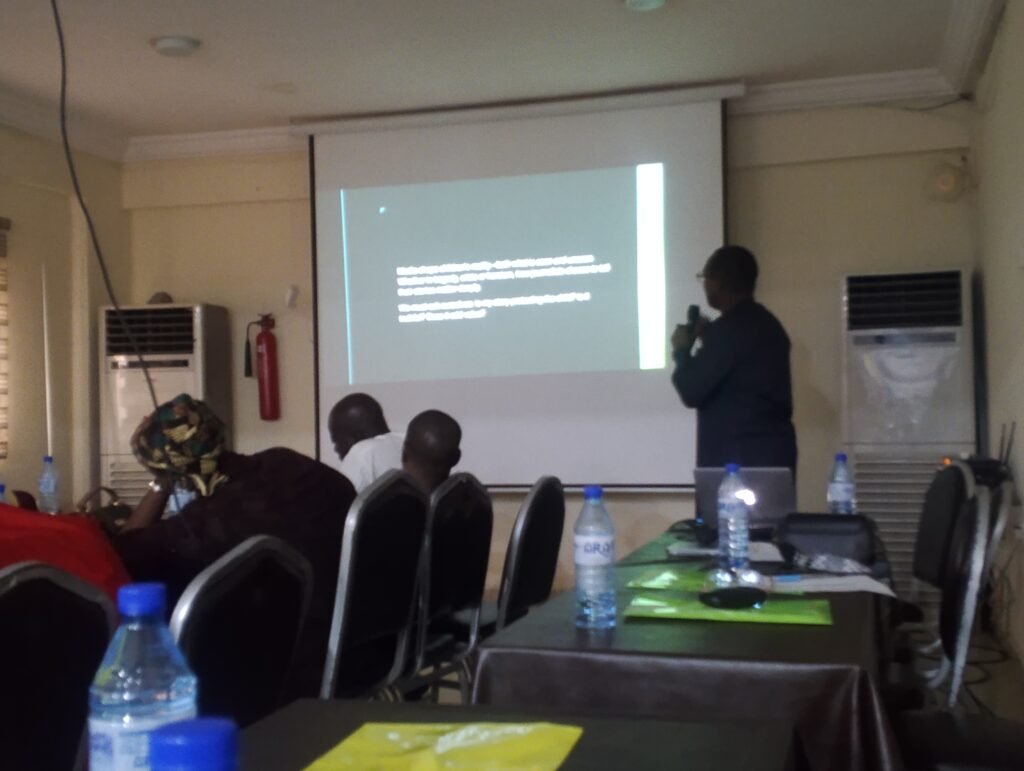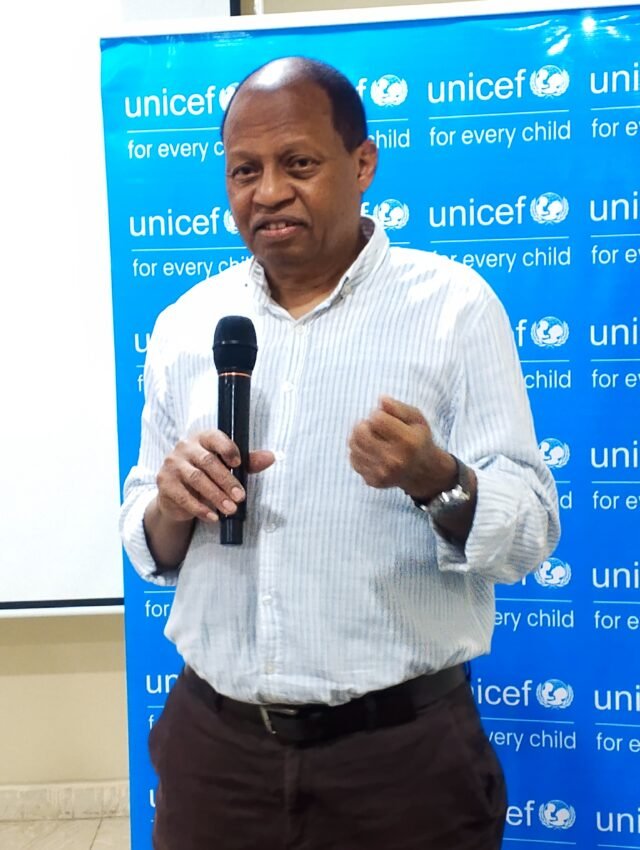The United Nations Children’s Fund (UNICEF) has called on media practitioners to uphold ethics and professionalism, especially when reporting on children’s issues.
Chief of UNICEF Field Office in Kano, Mr. Rahama Rihood Mohammed Farah, made the call in a keynote address at a two-day training on Ethical Journalism and Child Rights for media practitioners in Northwest Nigeria, held in Kano.
Farah stressed that ethical reporting builds trust and helps heal divisions, particularly in a country as diverse in ethnicity, religion, and perspectives as Nigeria.

“Ethical reporting of children is important, and it matters a lot in Nigeria,” he said. “The story of Northwest Nigeria should not just be a chronicle of challenges, but also of resilience, community, and hope. Media practitioners are the authors of that story.”
He noted that the daily choices journalists make—what to report, how to report it, and whom to protect—directly shape the narrative of the region and the future of its children.
Farah emphasized that choosing ethics means choosing truth, peace, protection, and ultimately, a better Nigeria.
Earlier in his welcome address Director Child Right Information Bureau (CRIB) of the Federal Ministry of Information and National Orientation Mr. Tote Falayi said programme is in collaboration with UNICEF aimed at Understand the legal and ethical frameworks governing the reporting of children in Nigeria, including the Child Rights Act, Identify and mitigate risks associated with reporting on children and ensuring their safety, privacy, and dignity are protected







